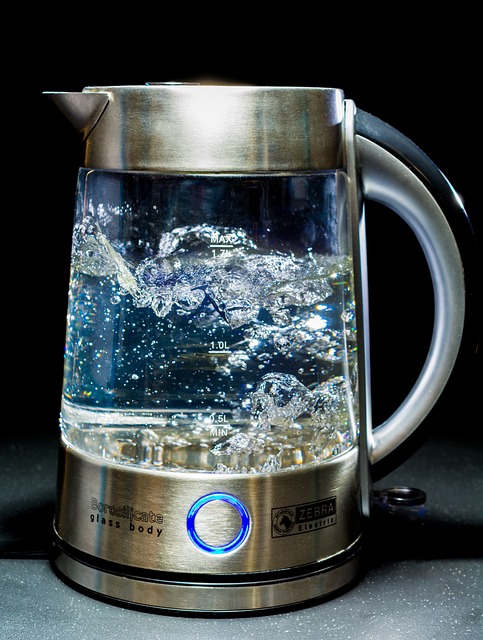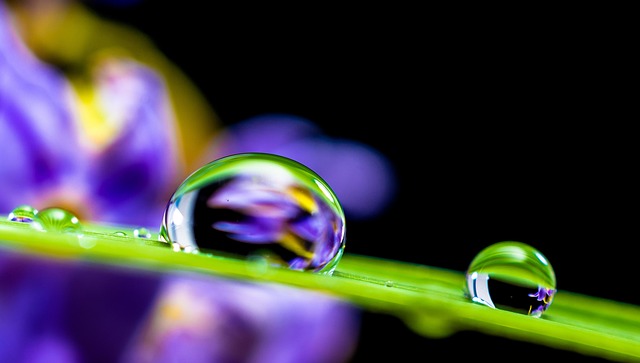Hard water, rich in calcium and magnesium, damages water heaters over time by forming scale that insulates heating elements, reduces efficiency, and leads to failure. Regular maintenance, including installing a water softener and scheduling professional cleaning, prevents these issues. By prioritizing water heater maintenance, you ensure better performance, extend appliance life, save on energy bills, and avoid costly repairs or replacements.
Hard water can wreak havoc on your water heater, leading to costly repairs or replacements. Understanding the impact of minerals like calcium and magnesium buildup is crucial for proactive maintenance. This article delves into how hard water damages heaters and offers effective solutions for repair and prevention. By identifying signs of trouble early—such as reduced hot water flow or unusual noises—you can safeguard your investment in water heater maintenance, ensuring longevity and optimal performance.
- Understanding Hard Water and Its Impact on Water Heaters
- Identifying Signs of Hard Water Damage
- Effective Solutions for Water Heater Maintenance and Repair
Understanding Hard Water and Its Impact on Water Heaters

Hard water, rich in minerals like calcium and magnesium, can significantly impact your water heater over time. These minerals have a tendency to accumulate on the heating elements and inside the tank, leading to various issues. The build-up of scale, or mineral deposits, insulates the heating elements, reducing their efficiency and eventually causing them to fail. This not only shortens the life expectancy of your water heater but also increases energy consumption, resulting in higher utility bills.
Regular water heater maintenance is crucial to mitigating these effects. Preventive measures include installing a water softener to reduce mineral content and scheduling professional cleaning to remove existing scale buildup. By prioritizing water heater maintenance, you can ensure optimal performance, extend the life of your appliance, and save money on potential repairs or replacements in the long run.
Identifying Signs of Hard Water Damage

Hard water, rich in minerals like calcium and magnesium, can leave visible and invisible marks on your water heater over time. Identifying signs of hard water damage is crucial for effective Water Heater Maintenance. One clear indication is a white, crusty buildup on the tank’s interior walls. This scale not only reduces the heater’s efficiency but also contributes to higher energy bills. Another symptom to watch out for is a decrease in water temperature or pressure, as mineral deposits can obstruct water flow and limit heating.
Regularly checking for these signs is essential. If you notice any, it’s time to consider deep cleaning or even replacement to prevent further damage. Hard water can corrode internal components, leading to leaks and potential safety hazards. Prompt action, including regular water heater maintenance, will ensure your heater operates smoothly and extend its lifespan.
Effective Solutions for Water Heater Maintenance and Repair

Maintaining your water heater is crucial for ensuring its longevity and optimal performance. Regular maintenance can prevent costly repairs or early replacements. One effective solution is to install a water softener, which reduces the impact of hard water by removing minerals like calcium and magnesium. This not only improves water quality but also safeguards your heater from potential damage caused by mineral buildup.
Additionally, scheduling periodic professional inspections is beneficial. These checks can identify issues at an early stage, allowing for prompt repairs. During these visits, technicians can flush out the tank, clean sediment buildup, and ensure proper functioning. By combining these preventative measures with regular cleaning, you can significantly extend your water heater’s lifespan, enhancing its efficiency and reducing the risk of unexpected breakdowns.
Hard water can significantly impact your water heater’s lifespan and performance, but with proper understanding and maintenance, these issues can be prevented. Regular checking for signs of damage, such as reduced hot water flow or strange noises, is crucial. Implementing effective solutions like installing a water softener or scheduling professional maintenance will ensure your water heater remains in top condition. Prioritizing water heater maintenance is an essential part of home upkeep, ensuring efficient heating and extending the appliance’s lifetime.
